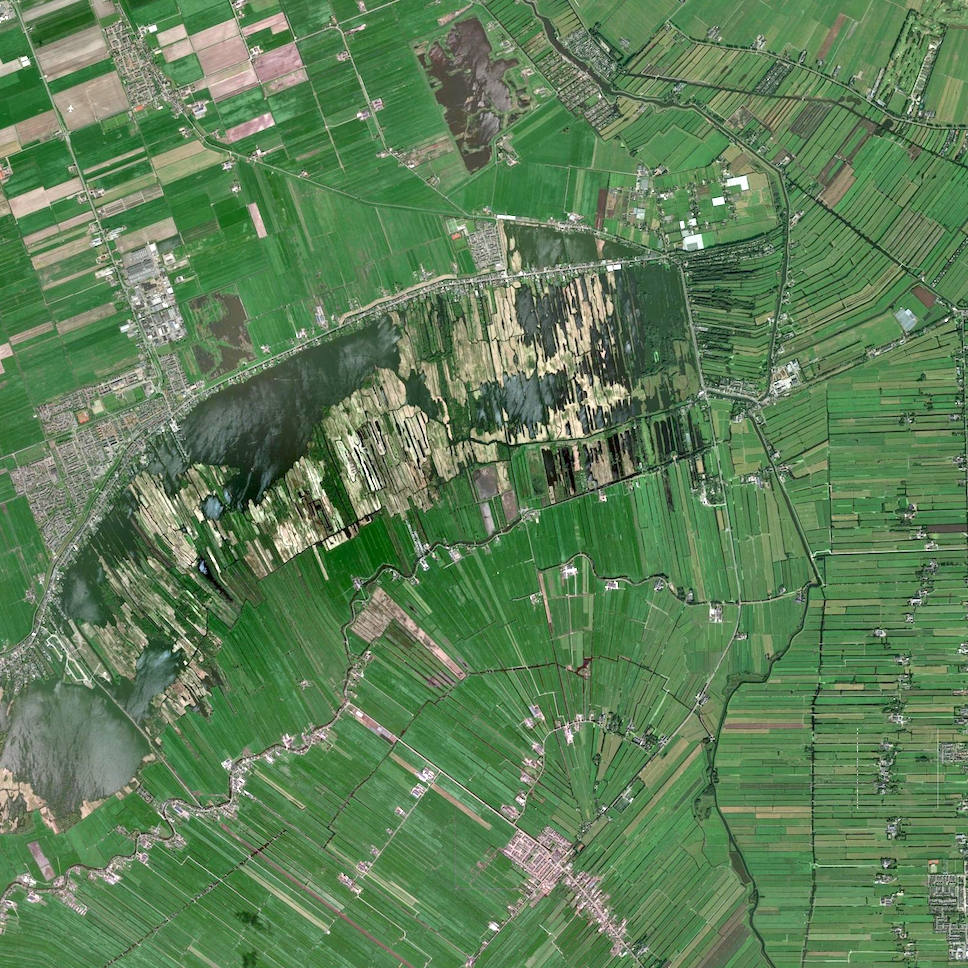The Learned Pig is an online arts magazine with a love for plants and animals. Our thinking has grown out of our engagement with landscape aesthetics and environmental ethics and these days we try to bring together multiple perspectives on bodies and places, interspecies interactions, and alternative conceptions of that which has rather too frequently been defined as “nature” or “the animal”.
The Learned Pig launched in November 2013 with four main areas of interest: art, thinking, nature, writing. Since then we have published across a wide range of forms, from painting and drawing to film, sound art, and musical scores. We are interested in understanding art as a way of acting in the world: in particular, contemporary art that pushes beyond the white walls of the commercial gallery to involve interdisciplinary collaboration, scientific research, political activism and environmental ethics.
The writing we value includes not only creative writing – poetry, short stories, imaginative ramblings, extracts from novels – but also powerful essays, interviews, overlooked histories, art and literary criticism, and works that magically weave all these things together in one. Many of our contributors are hugely respected in their fields (and indeed beyond); many have never been published before.
We are interested in new insights and ancient wisdoms. From its conception, The Learned Pig has been unconvinced by the mechanist model of nature that has existed since Descartes. We are interested in art and writing and thinking that challenges embedded ideas of reason and progress or that exists outside of or prior to the violently dominant discourses we are struggling to escape from today. From works of personal revelation to quasi-academic writing, we are interested in reimagining interactions between humans and nonhumans – whether that involves looking outside of modern Western philosophies or close readings of the latest biological research, or simply spending time among the melting mushrooms of a dark, autumnal forest. However it might be manifested, our interest is in a non-essentialist definition of nature and in relationships that are always more than merely oppositional. We remain fascinated by those odd moments when rational thinking stops, and something else begins to emerge.
In addition to a rolling publication schedule, we have run five distinctly themed editorial seasons: Radical Landscapes (2019), Garden Voices (2018), Carnevale (2018), Wolf Crossing (2017), and Clean Unclean (2015).
In 2019, The Learned Pig appointed four new section editors and we now only publish work that engages (however tangentially) with the site’s four distinct thematic sections:
Fields
An examination of agriculture, systems of food production, and lines of division or connection through the landscape. Fields asks: how does the geography of agricultural fields influence the way we eat? Does the way we eat define who we are? And if so, how do we decide what is ethical to grow and eat?
Editor: Marloe Mens – marloe@thelearnedpig.org
Rhythm
Individual, collective, urban, rural, poetic, biological: this section attempts to think through the ways that rhythm dictates life. We are just as interested in explorations and considerations of rhythm as a feature and product of art, and as we are of rhythm as a component of the artistic process.
Editor: Rachel Goldblatt – rachel@thelearnedpig.org
Root Mapping
Root Mapping seeks to understand journeys and maps as possible modes of artistic or political resistance. What is sparked when today’s mapping is guided by a desire for beauty instead of power, when maps are living creations, arising – like beauty itself – from our engagement and attention?
Editor: Melanie Viets – melanie@thelearnedpig.org
Rot
Rot gets knee-deep in the messiness of interspecies contaminations. It invites work that questions single-authorship through ecological entanglements, both destructive and useful. What becomes of messy origin stories in the midst of late-stage capitalism and climate chaos? What tools and practices remind us that self-made Man is myth?
Editor: Julia Cavicchi – julia@thelearnedpig.org
We are currently not publishing anything that does not relate to these four sections. For information about how to submit your work please visit our Submissions page.

Contact
If you want to get in touch about anything that does not relate to submissions – for example, to enquire about editorial partnerships, to let us know about a forthcoming event or exhibition, or simply because you want to say hello – then please send an email to tom@thelearnedpig.org




